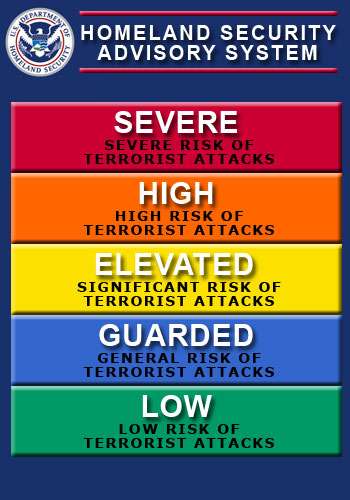 Living things can show us how to keep society safe. So says biologist Raphael Sagarin of Duke University in a fascinating interview with New Scientist. “You can look at virtually any question about security through a biological lens,” says Sagarin, “from how to develop weapons systems to how to organise government departments. One clear lesson is that the species or systems that have been around the longest, adapted to many different environments and captured the most resources have a structure of fairly limited central control, with a lot of autonomy. You can see this… in the immune system, for example, or in colonial organisms such as ants and corals.”
Living things can show us how to keep society safe. So says biologist Raphael Sagarin of Duke University in a fascinating interview with New Scientist. “You can look at virtually any question about security through a biological lens,” says Sagarin, “from how to develop weapons systems to how to organise government departments. One clear lesson is that the species or systems that have been around the longest, adapted to many different environments and captured the most resources have a structure of fairly limited central control, with a lot of autonomy. You can see this… in the immune system, for example, or in colonial organisms such as ants and corals.”
“In stark contrast, says Sagarin, is the US response to 9/11, “which was to create this enormous Department of Homeland Security. You can see the results: individual organisations do not get enough autonomy and cannot make decisions in a timely manner. They cannot respond and adapt without having to go up through many layers of command. It’s more to do with keeping power and maintaining committee memberships, jobs and budgets than security.”
Furthermore, he says, “organisms inherently understand that there is risk in life. The idea that we can eliminate these risks would be selected against quickly in the natural world since any organism that tried to do so would not have enough resources left for reproduction, or feeding itself.”
Sounds vaguely familiar.
Julia Whitty is Mother Jones’ environmental correspondent, lecturer, and 2008 winner of the John Burroughs Medal Award. You can read from her new book, The Fragile Edge, and other writings, here.















